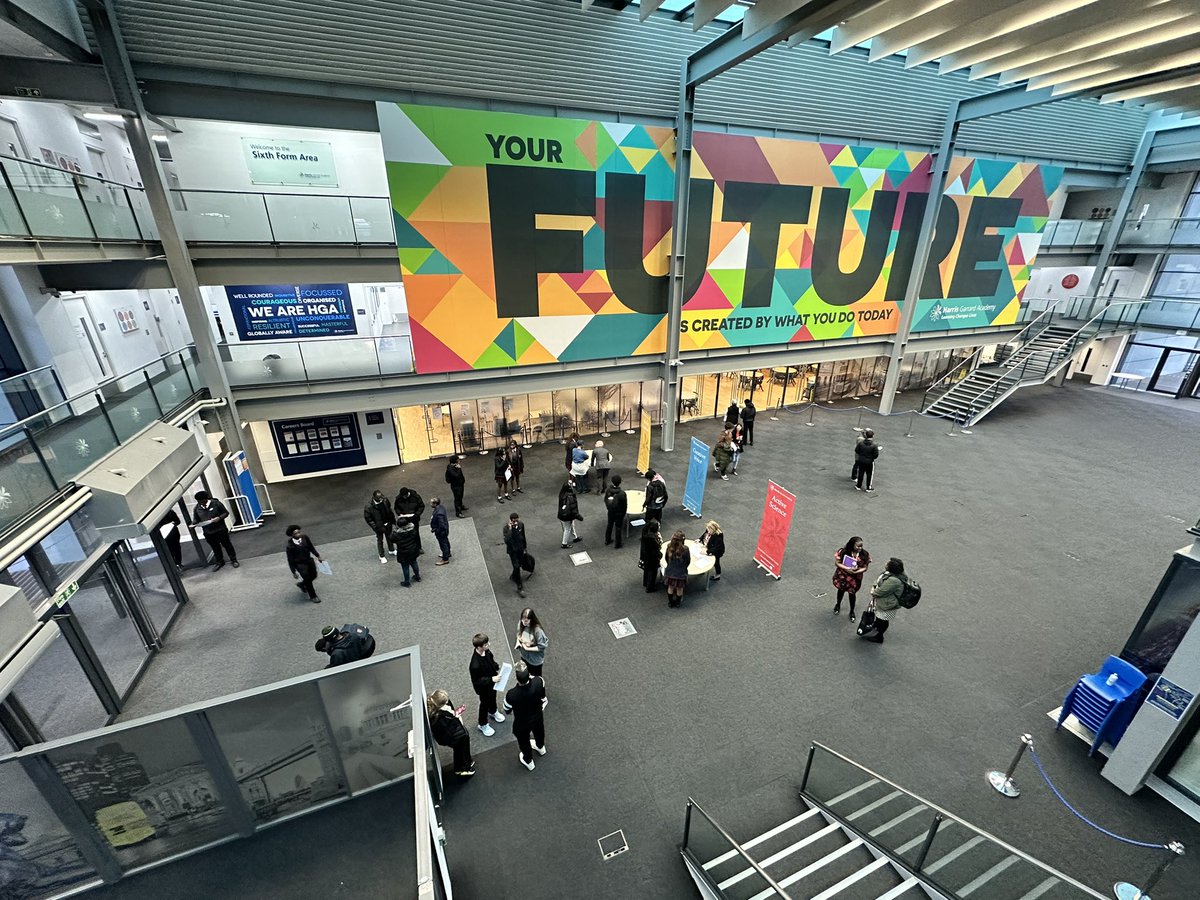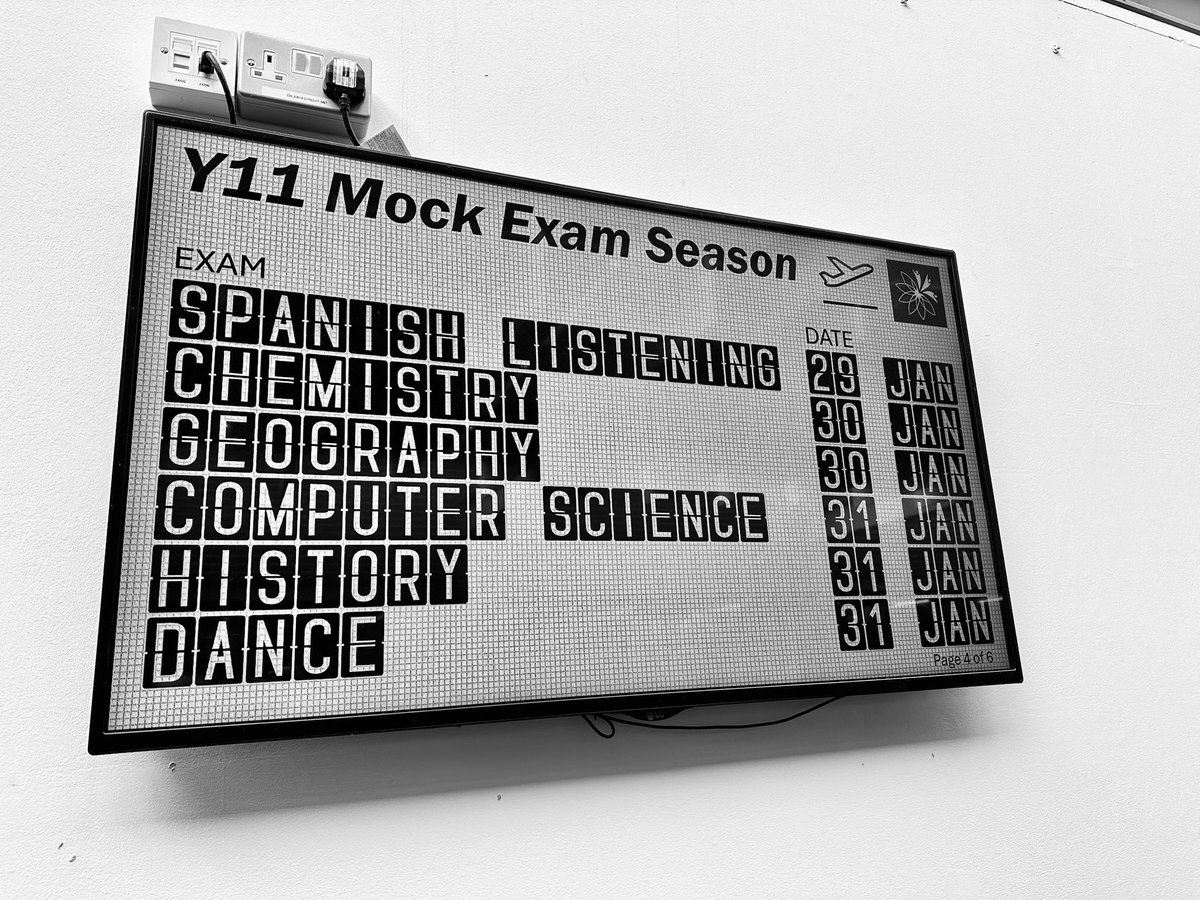Geography
Geography is the study of relationships between physical and human phenomena that give rise to spatial patterns on the surface of the earth.
Geography is a unique discipline that concerns itself with the relationships between the study landscape, flora and fauna, the atmosphere, people and culture, the built environment and political territories and this allows students to think about the world in new ways.
Intent of the Geography curriculum
The core aim of the curriculum at Harris Garrard Academy is to equip students with core geographical knowledge and understanding of the world they live in and to achieve social justice. Access to geographical knowledge through the curriculum is an entitlement for all students, because no child should suffer from the ‘powerlessness of incomprehension’. It is through access to knowledge that young people can improve their lives in society, and therefore knowledge has a kind of power.
Geography teachers at Harris Garrard Academy teach geography through enquiry. Enquiry deepens conceptual understanding through reasoning, data interpretation, argumentation and fieldwork and thus build and instils key high order skills into our students, particularly independence.⯠An enquiry approach helps students to engage with, and make sense of, geographical data, and encourages a questioning approach supported by evidence from the real world which students at Garrard are curious about.
The curriculum allows students to appreciate that facts on their own are not knowledge and it encourages students to challenge, question and debate ideas.
The curriculum at Harris Garrard Academy is a spiralling and cumulative curriculum to allow students to build on knowledge and understanding confidently.
Where appropriate, the department has worked to reframe, rephrase and replace content to reflect inclusion and diversity. This is to create a curriculum that represents and creates a narrative that BAME and other minority groups at Harris Garrard Academy can identify with and feel part of.
The department will move away from the ‘single story’ and ‘othering’ to promote an accurate world view.
Implementation of the Geography curriculum
The Geography curriculum at Harris Garrard Academy is underpinned by the five interleaving Ideas as seen below, these are common foundational themes that are essential to the development and exploration of Geographical knowledge and enquiry. These are outlined below:
Interleaving ‘big ideas’
Five ‘big ideas’ have been identified as the key ideas which all geography students should have a sound understanding of by the end of KS3. They are not topics which are taught discretely, but are recurring themes embedded within the different topics throughout the course. Students need an understanding of each of these and the ability to apply them to different, increasingly abstract contexts to allow them to ‘think geographically.’
|
Climate |
Geomorphology |
Development |
Sustainability |
Human/Physical Interactions |
The progression of the ‘big ideas’ includes both increased complexity of understanding and application of understanding to new contexts.
The curriculum is the progression model (Fordham, 2017). If a student has learned the curriculum, they have made progress, and by definition they have gotten better at geography. In addition to being mapped out throughout the core content in the Toolkit, the progression students will make through developing their understanding of the ‘big ideas’ has also been mapped explicitly across the topics.
The curriculum at Harris Garrard Academy is implemented through the support of the consultancy team, teachers and leaders, curriculum resources including schemes of work and lesson plans, summative assessments, training for teachers and leaders, and a robust process of quality assurance and evaluation.
The below outlines how the geography consultancy assure quality implementation of the complete curriculum in schools.
Consultant support
There are six geography consultants who work across the Harris Federation to help maintain standards of geographical education. Geography consultants have three core responsibilities:
- In-academy support: consultants provide in-academy support which includes the mentoring of heads of department, liaising with senior leadership, teaching lessons and interventions, and monitoring the quality of curriculum implementation in schools.
- The geography curriculum: geography consultants plan the curriculum across key stage three to five. The principles that guide our curriculum are outlined in our intent. Consultants also write central assessments which are used to measure the impact of the curriculum.
- The ‘Geography Network’ including ITE: geography consultants oversee the Geography Network; a group of 60+ geography teachers from across the Federation. There are six meetings throughout the year which are used to train teachers in effectively implementing the curriculum. There are also eight subject training days for beginner teachers as part of the Harris ITE programme, and four twilight sessions for NQTs.
Impact of the Geography curriculum
Assessment
There are two formal assessment points per year for students in Years 7 to 10 and an annual mock exam for Year 11. The structure of each assessment paper follows the Assessment Objectives of the Key Stage Three Toolkit and the OCR ‘B’ GCSE specification respectively.
- In key stage three, assessments are designed so that students build up their knowledge cumulatively throughout each year, with 25% of the marks awarded for coverage of previous topics.
- In key stage four, the assessments are again cumulative so that students build up their body of knowledge by revising previous topics as well as the current ones. Assessments are marked according to the OCR ‘B’ Assessment Objectives and are based on GCSE-style questions.
The assessment scores are collected and analysed centrally allowing the results to be compared against the performance of a large cohort of students across a range of academies. These assessments are also used formatively to guide future teaching and for students to work with their teacher to identity areas for improvement and set targets.
In addition to this, there are weekly knowledge tests valued at 10 marks each and summative assessments done on a half-termly basis (once the year group is not schedule for any of the two formal assessment). These weekly knowledge tests aid with knowledge retrieval and encourage revision for the formal assessment and summative tests.
You can download Knowledge Organisers for each year group from our Knowledge Organisers page.
For queries about the Geography curriculum please contact Ms. Rowan Cullen r.cullen@harrisgarrard.org.uk
Further details of the curriculum can be found below.
Primary
“You can travel the seas, poles and deserts and see nothing. To really understand the world, you need to get under the skin of the people and places. In other words, learn about geography. I can’t imagine a subject more relevant in schools. We’d all be lost without it.” Michael Palin.
Geography is an exciting subject that through geographical enquiry helps us better understand the people, places and environments in the world. The programme of study for Geography states “a high-quality geography education should inspire in pupils a curiosity and fascination about the world and its people that will remain with them for the rest of their lives”.
It is a subject that seeks answers to fundamental questions such as:
- Where is this place?
- What is it like? (and why?)
- How and why is it changing?
- How does this place compare with other places?
- How and why are places connected?
Geography draws on its vast range of vocabulary to identify and name places, the features within them and the human and physical processes at work there. Such core knowledge provides the building blocks of deeper explanation and understanding; providing entry points to geographical conversations about the world. We describe this as ‘thinking geographically’ and explicitly teach this to our pupils through our use of knowledge organisers.
We aim that every pupil leaves our primary with the key building blocks to allow them to read, speak and write like a geographer.
Miss Anderson, AAP & Primary Geography Lead
Year 7
Students start their geographical journey by developing locational knowledge, to make sense of the world in which they live. These maps are crucial as they allow students to begin to understand places, patterns and physical differences in environments. The polar environment of Antarctica is our first topic. This remote region has wondered Geographers for years and is out of reach for many. Students will explore the physical wonders of this land, as well as how human processes are now more than ever negatively impacting the southernmost continent.
In Term 2, students will learn about the Northeast African nation of Sudan. Students explore this contrasting environment through the use of photograph analysis, global lines of latitude and climate graphs. Sudan will introduce students to the key concepts of development and resource management, as well as a focus on how both human and physical processes can change the landscape of a country.
To look at an area of contrasting development, students will finish their study by exploring the most populous country in the world; China. As China is emerging as a global economy, it is imperative students are aware of the industries within China, as well as how physical processes such as tectonic activity, could alter the future of the next superpower. Throughout the course of Key Stage 3, students will also learn how China is now one of the world’s major trading partners, overtaking the USA and exerting its influence on typically Western landscapes.
Year 8
In Year 8, students have time to study in detail how physical processes have shaped the landscape of the UK over tens of thousands of years. For a small island nation, the UK is a perfect country to study in relation to coastal, river and glaciated landscapes and how these factors have influenced settlements and growth of urban environments over time. Due to the breadth of the topic, students will have multiple opportunities to develop their map skills, with specific focus on grid references, contour lines and scale on Ordnance Survey Maps. Within the topic of the UK, students will not develop a London-centric view, instead they will explore the Scottish Highlands, the impact of deindustrialization within South Wales and the future of renewable energy along the Sefton Coast. Students will also develop their analytical skills through exploring the possible future of the UK, considering the changes in its industrial and political policies.
In contrast to the UK, pupils will learn about one of the most biodiverse locations on Earth and also the largest country in South America; Brazil. Throughout this topic, students will be encouraged to compare the geography of Brazil to that of the UK. Like China, Brazil is one of the main developing nations and even though their wealth was gained in a different way, students will decipher how this also produced socio-economic challenges, as well as opportunities. An example of this is through the estimated one quarter of Brazil’s population who live within favelas, a form of informal settlement. Students will also explore aspects of sustainability and physical processes by being able to explain how plants, animals and indigenous tribes have adapted to living in this ecological paradise.
Year 9
Year 9 begins with a focus on the Middle East. The Middle East is often portrayed in recent history as a region of contested borders, separated by geography and religion, where oil is its most valuable commodity and war is rife. But by the end of this unit, students will be able to describe how and why there has been a shift from traditional lifestyles around the Persian Gulf, to modern day settlements and how the West has influenced typical Arabian life. Students will explore and critically analyse the impacts of having vast reserves of oil and gas and enquire if the Middle East will fall to the natural resource curse, or if it will be able to develop tertiary industries, such as tourism and host world-renowned events.
In Term 2, students will learn about an area which has, and continues to, experience rapid economic development; the USA. As the world’s only superpower and an area of cultural familiarity, our topic of the USA intends to expose students to the global influence of the USA, its agricultural and technology industries and distinctive physical landscape, as well as socio-economic issues that do not always reach the news. Building upon their foundational knowledge of tectonic hazards, students will also learn about super volcanoes and analyse the impacts an eruption would have spatially.
The final topic at Key Stage 3 is fieldwork. Fieldwork is an essential aspect of geographical study. It requires that students undertake learning outside of the classroom and develop an understanding of the interaction between physical and human geography. Students begin their fieldwork enquiry by developing the ability to describe different forms of data, methods and risks while undertaking fieldwork. Students will have a range of opportunities to collect appropriate data, before justifying their selected presentation technique and analysing their findings. The study of fieldwork gives students the opportunity to extend their geographical understanding by relating their learning to real experiences.
Year 10
In Year 10, students will learn about ‘Living with the Physical Environment’. This unit begins by understanding the physical processes that create some of the world’s most dangerous hazards and allows for a discussion over the impacts they have on a range of scales and locations. The course continues to examine a range of fragile environments, which were interdependent ecosystems that are now heavily influenced by the presence and actions of humans. Physical landscapes in the UK are re-visited, building upon the foundational knowledge gained in Key Stage 3.
Throughout this year, global issues such as: climate change, sustainable management of rainforests and desertification will be covered. This will allow students to make decisions on how to sustainably manage landscapes for future generations. In addition, geographical skills are used to locate, describe and compare contrasting environments.
Year 11
In Year 11, students tackle aspects of current human geography, with a large focus on local and international urban change. Around 200 years ago, only 1 in 30 people lived in urban areas. Today, more than half of the world’s population – almost 4 billion people – live in towns and cities. By the end of the century, more people could be living in urban spaces than are alive today. Our urban landscape is constantly changing, but these spaces that are illuminated for 24 hours a day provide us with new challenges and opportunities to explore and solve.
This unit begins by exploring global urban trends, through the lenses of two contrasting, yet developing cities of London in England and Lagos in Nigeria. Students will uncover how even areas that are continents apart still experience similar urban issues and are open to an array of opportunities due to their growth and international links. We then move on to look at the ever-changing socio-economic development of the world. This global change brings great improvement to quality of life, but also exposes countries who are struggling to close the gap caused by uneven development. Students will develop their critical analysis skills by learning ways in which to tackle development issues by revisiting West Africa’s most powerful nation – Nigeria – and then the disparities found within the UK.
Careers
Geographers are trained to be good decision-makers who look at all aspects of a situation. Some jobs make direct use of geographical knowledge such as those in tourism, town planning and environmental management and teaching.
Geographers can
- make a concise report
- handle data
- ask questions and find answers
- make decisions about an issue
- analyse material
- organise themselves
- think creatively and independently
Geographers are:
- good communicators
- spatially aware
- socially, economically and environmentally aware
- problem solvers
- good team players
- computer literate
- well rounded, flexible thinkers
Possible careers for Geographers include:
- Town Planning
- Social Work
- Market researh
- Housing
- Estate agents
- Disaster management
- Civil engineering
Geography is also useful for law, journalism, medicine and working in the media for example because it combines the understanding of the facts of the sciences with the perception of the arts.
Find out more about the careers programme at Harris Garrard Academy.





















